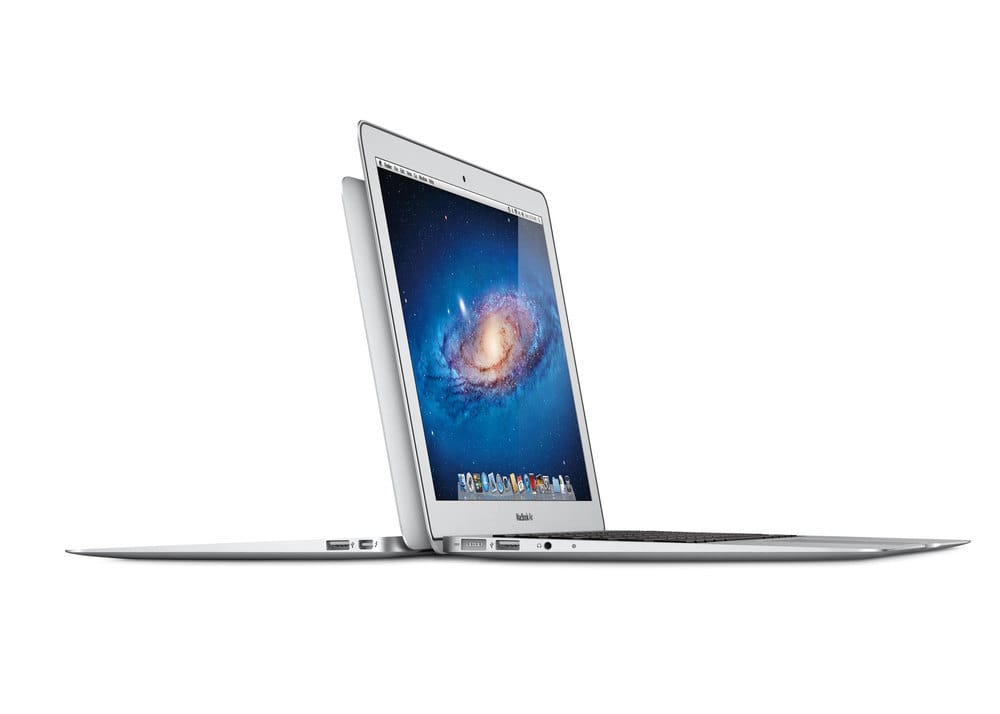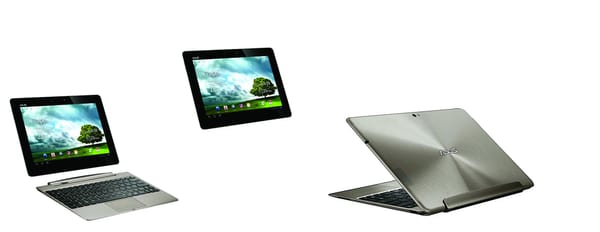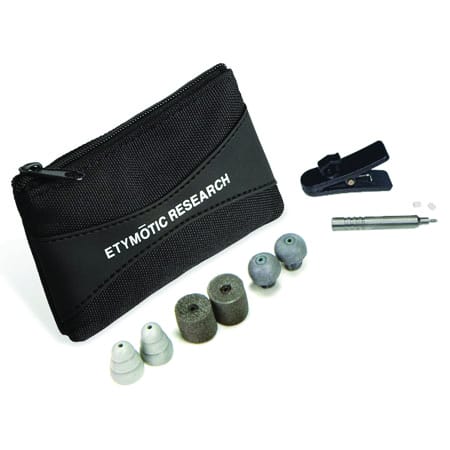Perfection, at a premium
Feroz Salam finally gets his hands on a Macbook Air

I’m quite ambivalent when it comes to the relative merits of operating systems and the devices they run on. The Mac vs. PC debate has been stumbling along for almost as long as I can remember, and much of what can be said has been said, many times over. Suffering the minor misfortune of having to use Windows, OS X and Linux on a regular basis, it’s hard to have strong opinions when at the end of the day a computer is really just a lump of metal and plastic, and not a philosophical statement, despite what Stephen Fry would have you believe.
In choosing a modern laptop/operating system, what you are really debating is largely personal preference: aside from gamers who have more options on Windows, buying a laptop usually boils the decision making process down to a question of money and aesthetic ideals. So what does a Macbook Air do to define itself as unique? Quite a lot, as we shall soon see. In this review, I have forgone the usual listing of specifications and benchmarking tests: the laptop has been out for 6 months now and there’s enough of that available online if you need it. What I have tried to focus on is the experience of using a Mac as a student. If you have been sitting on the fence about buying a Macbook for a while, my goal is to push you off it in either direction.
Remarkably thin and elegant, the Air is one of the most striking laptops I have ever used. The hardware has clearly been designed to benefit the user experience: one pleasing difference from the average laptop is its roomy touchpad. For such a thin piece of kit, it also sits well in the hand - I often found myself carrying it around with one hand as easily as I would a sheaf of papers. The only real problem I had with it from a design perspective is how easily I misplaced it on my desk, which is more a testament to its diminutive size rather than any misstep on Apple’s part. In terms of performance, I was quite happy with the system as it was - when it came to browsing, doing some writing and watching flash videos (what I mostly use my computer for, aside from programming), the Air performed solidly. If you require Matlab or other major programming IDEs such as Eclipse, the higher-end Air coming in with 4GB of memory and an i7 processor would be a better bet, but keep in mind the limited space (256GB being the upper storage limit on the device) would probably require investment in an external hard drive.
Considering the solid state drive and the i5/i7 processors inside these machines, the smooth performance isn’t much of a surprise. In terms of Flash in particular, I was impressed by how easily the device handled the plugin, something that I have had troubles with on Linux for a while now. Battery life was comparable to my not-so-ultra notebook, which is impressive, and probably enough to get you through a normal day at uni without having to rely on finding a power socket. I was very impressed by the speaker quality, which was loud and clear - something I was not expecting considering I still don’t know exactly where the sound was coming from.
Elegant and a good performer; so where are the Air’s flaws? I have to admit I was not too enamoured of OS X. Where I look at plans for Windows 8 and sea changes that Microsoft has planned, OS X seems very much transitional. The changes to the UI are there (fingers flick up to scroll up, other gestures to do other fancy things), but it’s not the same big break that Microsoft and some other Linux operating systems are experimenting with. Whether this is necessarily a bad thing, I don’t know. OS X was for a very long time a leader in terms of UI functionality, and it is still very much on par with the other major operating systems. If you’re looking for the ‘next big thing’ however, this isn’t it.
Another issue that is not so much a criticism but a statement of fact revolves around the price. This is not so much an argument about Apple’s Air as much as a point about ‘ultrabooks’ in general. The Air and ASUS’s Zenbook both retail at roughly the same price (after Apple’s student discount is taken into account). For shaving off a kilo or two in weight (and taking a slight performance hit), you are paying a premium of roughly 200 pounds (HP’s Pavilion series offer the same processor and a better spec for the extra weight). Whether or not this is worth it is only a call you can make. If your budget for a computer hovers around 1000 pounds and you aren’t a power user (the Air, remember, doesn’t offer a CD drive, only has two USB ports and comes with basic Intel integrated graphics), this might be the laptop for you.
I liked the Macbook Air, a lot. I don’t usually care about the computer beneath my fingers as long as it works, but it’s very obvious that a lot of effort has gone into making the Air something special. It’s different, and not in a bad way. It can also handle your everyday computing tasks for a whole day, something that can’t be said about some other ultrabooks released over the last few years. OS X may not be a revolutionary computing experience, but it’s a solid system that compares favourably in many aspects to Windows. The real question, as always with Apple products, is whether you can justify the price: if you’re someone who wants a feature for every penny, this may not be the device you’re looking for. If you’re willing to accept the price premium for a laptop so thin that it could also be used as a cheese slicer, I say go for it: you’re not going to find much better out there.








